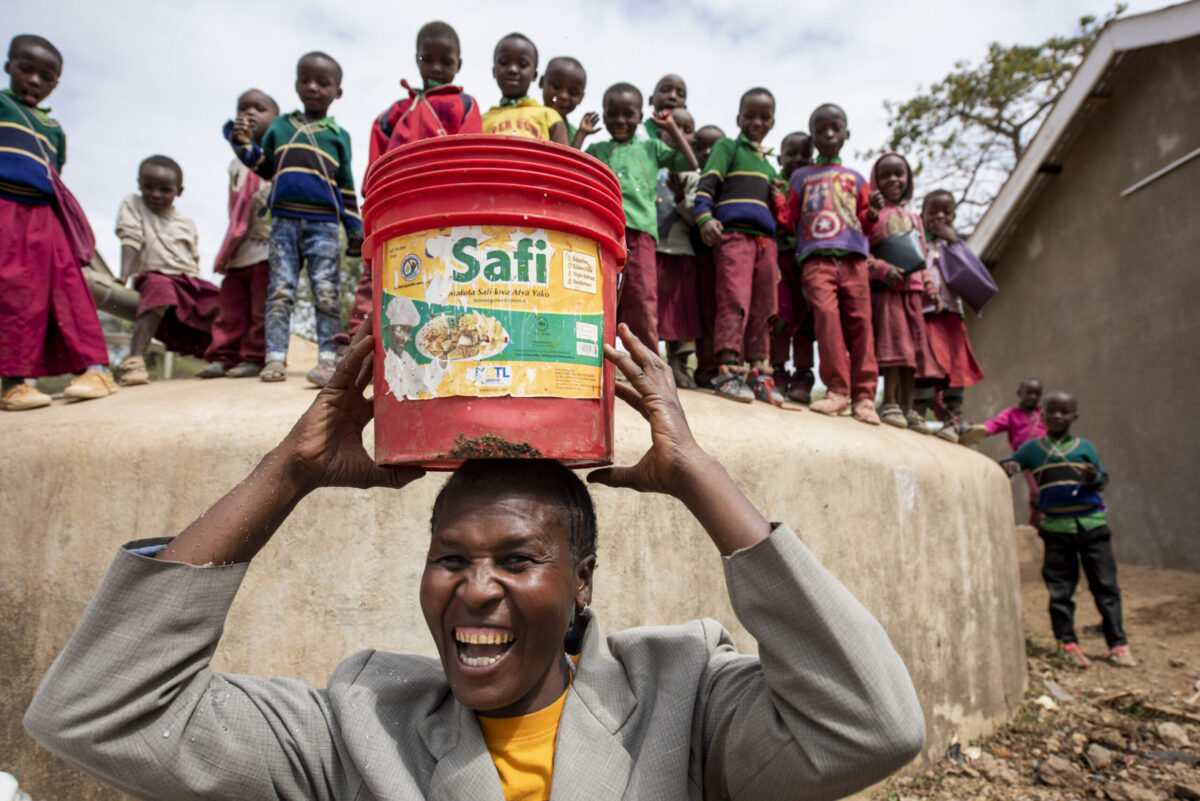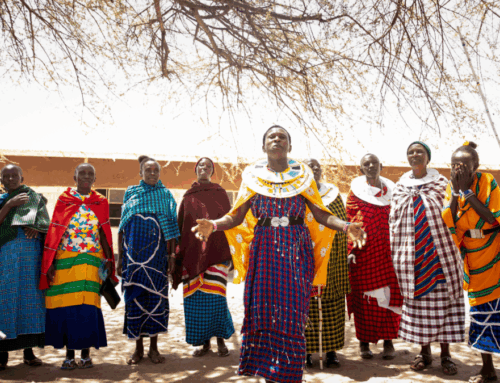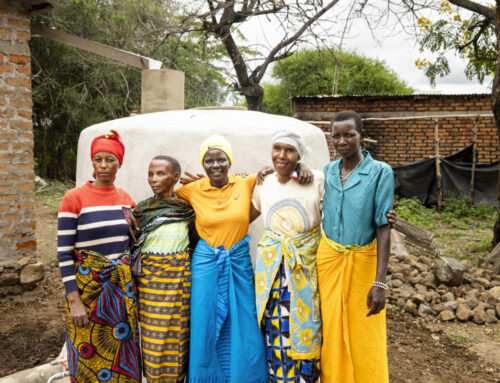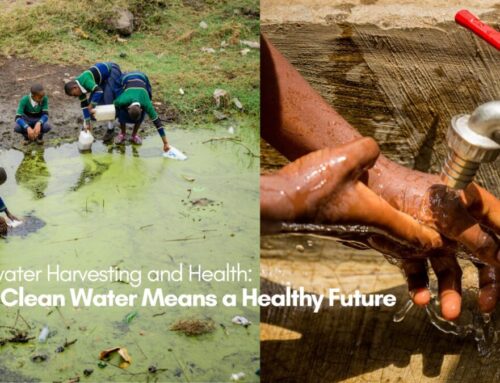Abundance is not about what you have or don’t have – it’s energy.
We’re in Kaloleni, where we’ve focused a lot this year. Several residential tanks have gone up, and we’ve just installed a large greenhouse next to the school.
Kaloleni is a harsh, drought-stricken place, not unlike Lositeti – which is why the Women’s Water Initiative ladies of Lositeti work here. They know first-hand what changes ripple when tanks get built – and it’s fitting that they are the harbingers of such change.
The talk turns to food – the rise in prices, compounded by the tightening grip of drought. It’s a lean time. Feeding a family is a full-time pursuit. Finding enough to consume is all-consuming.
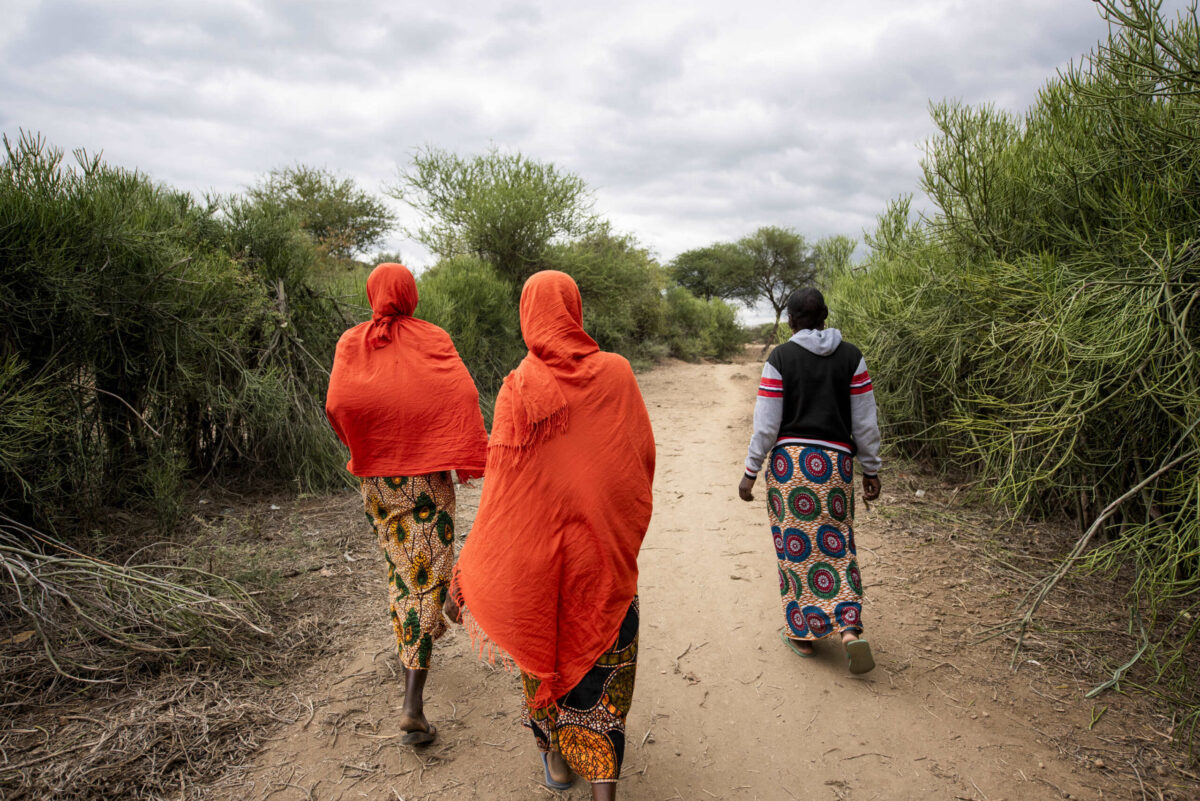
A day here could look like this:
Boil milky tea for breakfast. Start the long walk for water and return midday. Go out again to fetch firewood for cooking. Scratch together some coins for today’s supplies: a little oil, some vegetables, and some corn to take to the mill. Milk from your livestock if you’re lucky, but buy half a liter if you’re not. Lunch is maizemeal and greens. Dinner is the same. Sleep, repeat.
‘Where we are going is not the same as where we have come from.’
The people of Kaloleni are predominantly Maasai. They used to be purely pastoralists, subsisting on their livestock – a diet of milk and meat. Now, they have fixed abodes and eat farmed food. ‘Where we are going is not the same as where we have come from,’ they say. It’s true.
Some things have changed for the better.
It was common for girls to marry off at ten and have their first child by age 13. Now, children go to school instead. Leafy greens were considered food only for the poor and desperate. Now, they’re a valued part of the diet.
Some things have changed for the worse. Before this drought, an apocalyptic flood swept away homes. Now, fields are barren, and cattle are perilously thin. The weather’s wrath makes it hard to believe the seasons will resume their old rhythm.
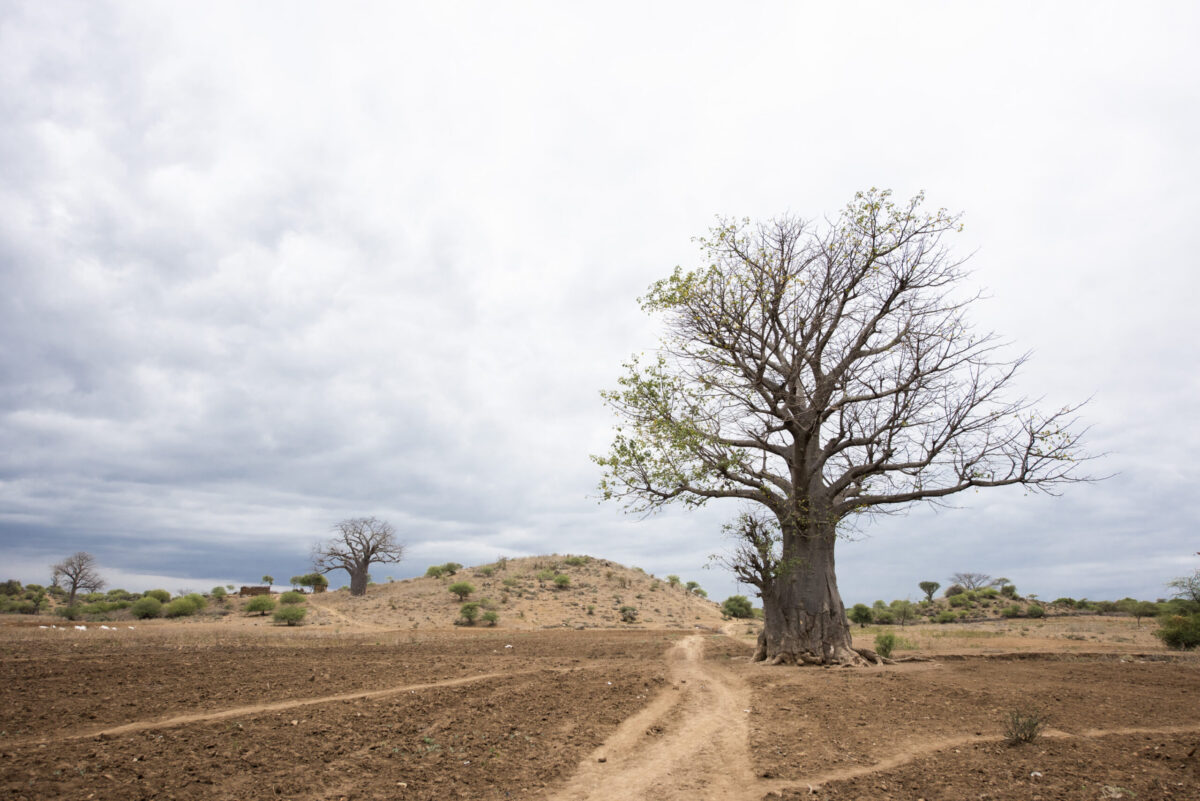
And some things haven’t changed so much. When a cow was slaughtered in the old days, the tribe would apportion every last piece. Everyone would feast. Men, women, children, and the elderly would all join. There was an unspoken faith in abundance and being provided for tomorrow.
“If you eat alone, food will choke you.”
People still heed the adage that if you eat alone, food will choke you. Food is fundamentally communal. This will always mean there is enough. This way of being dissolves the silos between those who have and those who do not.
Poverty has a disconnecting effect. It narrows your world to just today and just you. But all it takes is a single act of generosity – the gift of kindness – to break this spell. Here, it’s a lived philosophy that you’re always only one step away from being either a giver or a receiver. When you mill your maize and your neighbor has none, you give her some of yours.
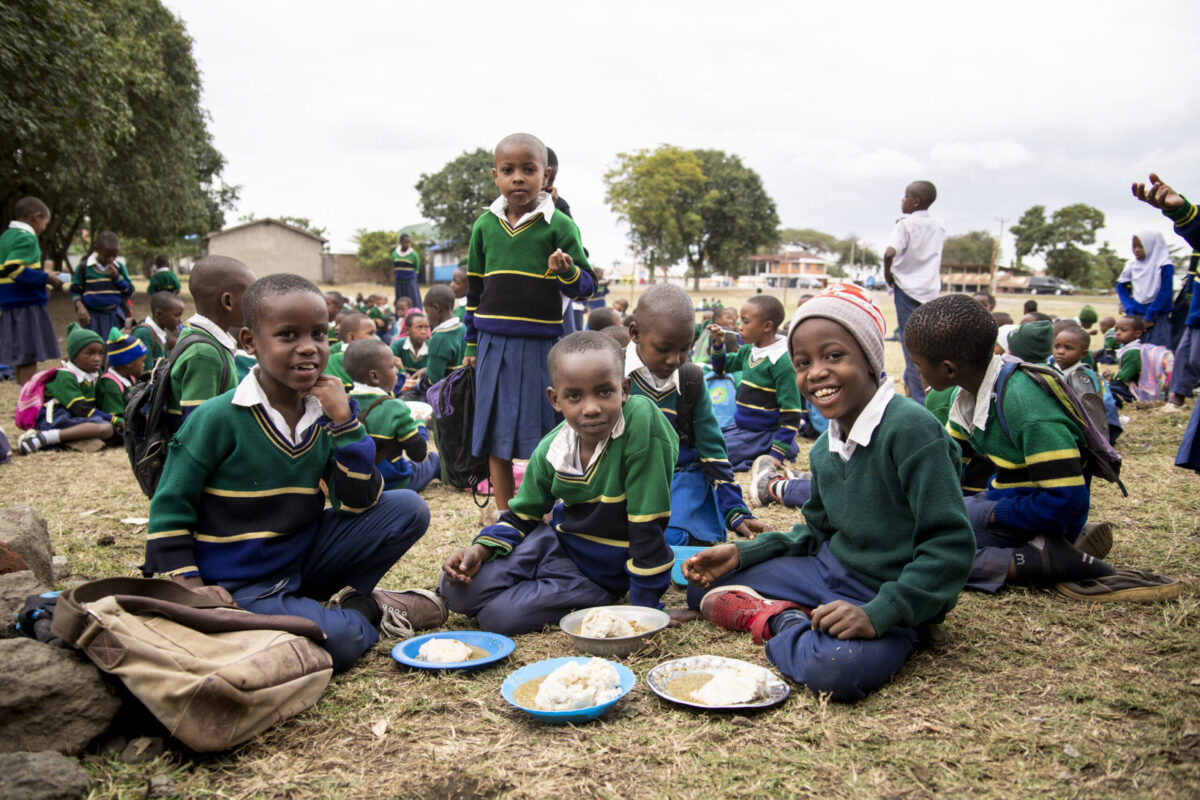
And that’s the beauty.
All that’s required is enough to remind someone that they are part of a tribe. They are held by a web of connections that gives them a place in the world. Abundance is not about what you have or don’t have – it’s energy.
The gift of a rainwater harvesting tank can be one such act of generosity. Clean water and a perennial vegetable garden nourish your family.
The root of the word ‘wealth’ is ‘wel,’ which means well-being. Once you help someone secure the base level of the pyramid of needs (tanks for water; greenhouses for food) – they have a foothold to step into financial security, health, and more equality. Water leads to well-being – to wealth. And the ripple effects are astounding.
Our work has immeasurably enriched our understanding of wealth and abundance – and now we’re lucky to see them manifest daily.
You can support this work and communities like Kaloleni.
Donate Today 100% of public donations directly fund our projects
